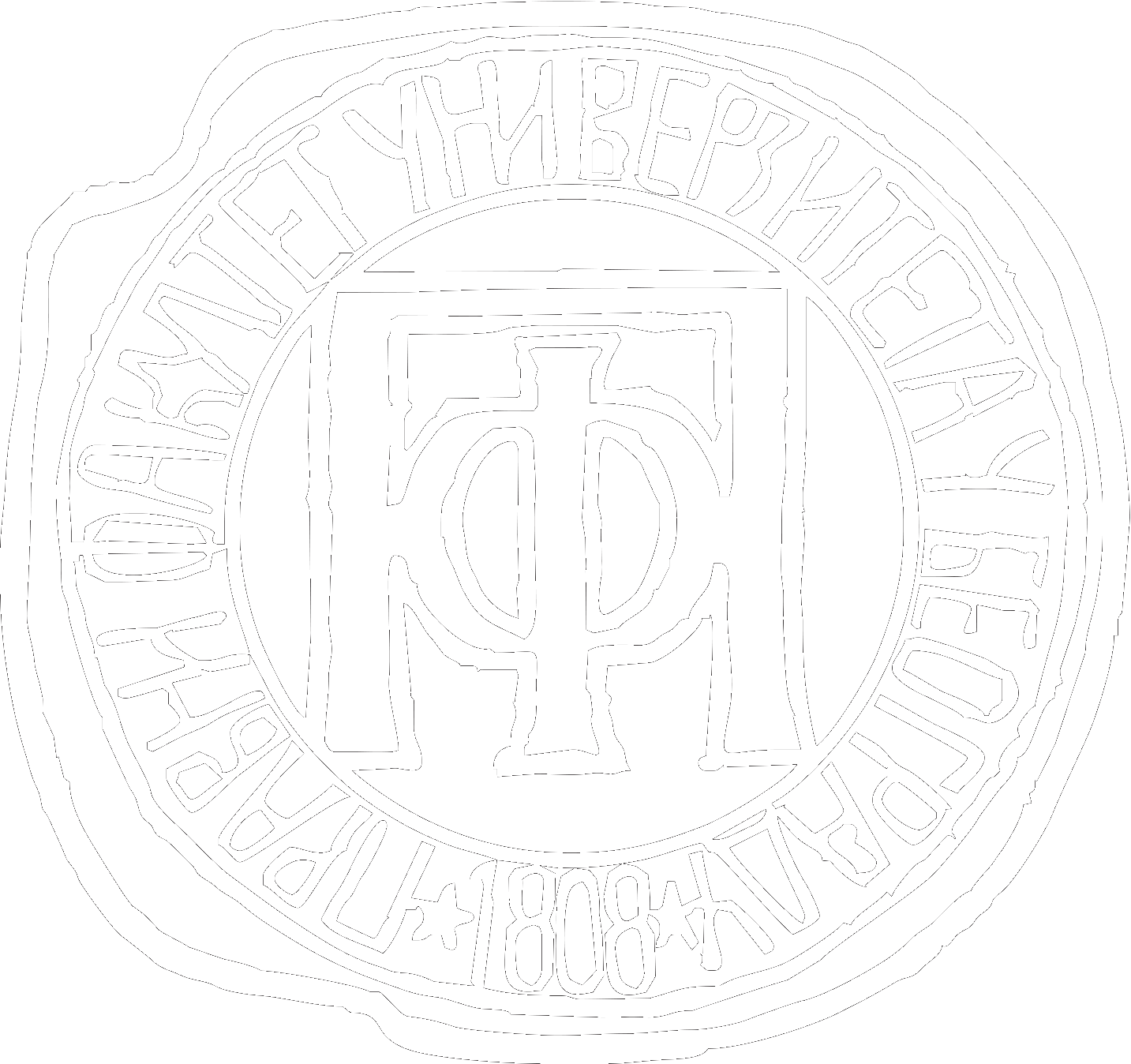Police in the Hungarian criminal proceedings
DOI:
https://doi.org/10.5937/crimen2101023CKeywords:
police; criminal proceedings; investigation; prosecution; reconnaissance; examinationAbstract
The police play a key role in the Hungarian criminal justice system. In addition to the legality supervision and effective professional management of the prosecution, the police have performed investigative tasks, which has procedural autonomy in initiating differentiated procedural methods in the reconnaissance and examination phase. The investigation consists of reconnaissance and investigation. In contrast, in the examination phase, they work under the direction of the prosecution. In addition to the general police, there are special police bodies in the country that do not have investigative powers but can take part in the preparatory process at the initial stage of the investigation, in particular by collecting data to establish the suspicion of a crime. Such bodies are the National Defense Service for Internal Corruption and Terrorism and the Counter-Terrorism Center. In our article, we provide an overview of the role of the police in a state organization. In accordance with that, we analyze the police's law enforcement role, outline the investigative activities of the Hungarian police and their tasks in criminal proceedings.
Downloads
References
Balla, Z. 2014. "A rendészet kérdései." Belügyi Szemle, no. 10.
Bögöly, Gy., Á. Budaházi, Cs. Csányi, and J. Sléder. 2010. Büntetőeljárási Jegyzet. Rejtjel Kiadó Ház, Budapest.
Concha, Gy. 1901. "The Nature and Position of the Police in a Free State." Chair reservation dissertation.
Čvorović, D., and V. Vince. 2020. "Police as an Active Subject of the Reformed Criminal Legislation of Serbia – Do We Need More Control?" Ugyeszek Lapja.
Čvorović, D., and V. Vince. 2021. "Police as a Subject of the Prosecutorial Investigation and Criminal Procedure Code of the Republic of Serbia." In International Scientific Conference on Tourism and Security, Hungary. (paper in press).
Danielisz, B., and T. Jármy. 2008. Rendészet Európában. Duna Palota Kulturális Kht., Budapest.
Fantoly, Zs., and Á. Budaházi. 2019. Knowledge of Criminal Procedure Law I. Static Part. Dialóg Campus Publishing House, Budapest.
Farkas, Á., and E. Róth. 2007. The Criminal Procedure. Complex Jogi Kiadó, Budapest.
Finszter, G. 1996. "A Bűnüldözés Működési Modelljei." In Kriminológiai Ismeretek, edited by K. Gönczöl, L. Korinek, and M. Lévai, Budapest.
Finszter, G. 2003. A Rendészet Elmélete. KJK-Kerszöv Kiadó, Budapest.
Finszter, G. 2005–2007. The Theory and Practice of Forensic Science in the Light of Criminal Procedure Reform. Research summary, Budapest. Accessed March 10, 2020. http://users.atw.hu/letoltes/krimjegyzet.doc.
Finszter, G. 2008. "Víziók a Rendőrségről." Belügyi Szemle, no. 1.
Foucault, M. 1998. Forms of Truth and Justice. Latin betűk, Debrecen.
Herke, Cs. 2018. Criminal Procedure Law. University note, Pécs.
Herke, Cs., and B. Sándor. 2020. "Some Problems of the Investigation During the Emergency Due to the New Coronavirus." Rendőrségi Tanulmányok, 3(1).
Kiss. 2016. "On the Efficiency of Domestic Criminal Proceedings." Criminological Studies, no. 5.
Kmetty, K. 1907. Handbook of Hungarian Administrative Law. Published by Zsigmond Politzer, Budapest.
Korinek, L. 2006. "A Rendőrség Pártirányítása 1956–1989." Rendészeti Szemle, no. 10.
Korinek, L. 2006. "Final Study of the Research." Part of the research project FAPI_P: 1321/2005, supported by the National Crime Prevention Commission, entitled "Services Provided by the Law Enforcement Agencies of the Hungarian State to the Private Sector, Opportunities for Cooperation with Civil Security Companies and NGOs, in the Field of Prevention." Budapest.
Láng, L. 2003. "Investigative Supervision, Investigative Management and Forensics." Belügyi Szemle, no. 7–8.
Miskolci, L. 2001. "Lessons from a Conference, or Is the Prosecutor a Key Player in Further Developing Hungarian Criminal Proceedings?" Ügyészek Lapja, no. 1.
Nyíri, S. 2003. "The Relationship Between the Prosecutor’s Office and the Investigating Authorities After the Entry into Force of the Criminal Procedure Act." Belügyi Szemle, vol. 51, no. 7–8.
Papp, J. 1998. "Rendvédelem vagy Rendészet?" Új Rendészeti Tanulmányok, no. 1.
Szabóné, T., and Nagy. 1970. Simplification of Criminal Procedure. Economic and Legal Publishing House, Budapest.
Szamel, L. 1990. Theoretical Bases of the Police and the Police’s Legal Regulation. Hungarian Academy of Sciences Political Science Program Office, Budapest.
Vári, V. 2014. "Efficiency in the Investigation." In III. Interdisciplinary Doctoral Student Conference, edited by A. Schaub and I. Szabó. University of Pécs, Doctoral Student Self-Government.
Vári, V. 2017. "The Change in the Role of Investigation in the New Be. Code." In II. International Scientific Conference on Tourism and Security, edited by N. Kiglics, Nagykanizsa. University of Pannonia.
Vári, V. 2019. "Diversion and the Relationship Between the Prosecutor and the Investigating Authority in the Investigation." In III. International Scientific Conference on Tourism and Security, edited by Zs. Márton, K. Németh, and E. Péter. Nagykanizsa, University of Pannonia.

Downloads
Published
How to Cite
Issue
Section
License
Copyright (c) 2021 Dragana Čvorović, Vince Vаri

This work is licensed under a Creative Commons Attribution 4.0 International License.
The authors retain copyright and grant the journal the right of first publication, allowing others to share the work with proper attribution to the authors and acknowledgment of its original publication in this journal.










